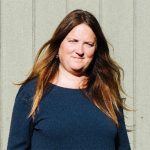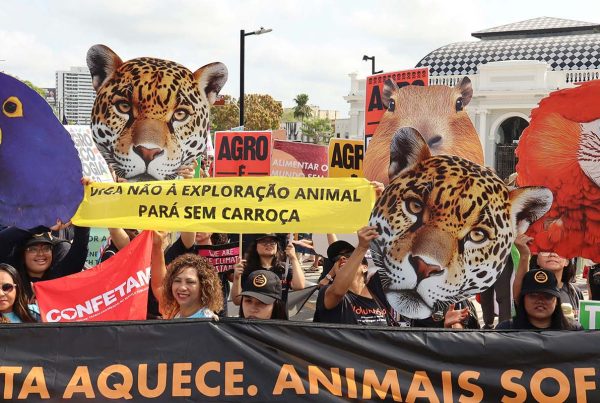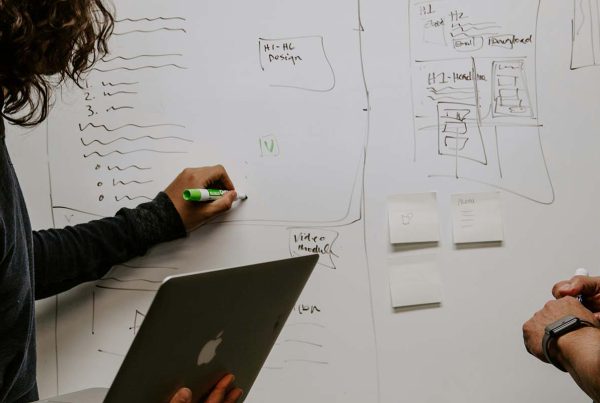Tell us about a couple of defining moments in your career as a sustainability leader.
I was a Global CSR & CRM Director of 50 countries, based in Paris. While on holiday in the Himalayas, I was blown away by how the people lived off the land with minimal impact. It was then I realised I wanted to make impact at source. At the time, I was working for the largest global paper and packaging distributor, so I decided to look down the supply chain towards Forestry. This led me to work in Indonesia in Forestry at APP.
Defining career moments followed as I began aligning my passion with my skillset. I currently work for APP, a pulp and paper producer. APP embeds sustainability into the core of its business and operational plans, making the balance between purpose and performance more achievable. APP’s Sustainability Roadmap Vision 2030 is a strong example of this, keeping the pillars of Production, Forest, and People in focus so sustainability is not an afterthought but a fundamental part of the business model. This approach ensures that sustainability and business growth go hand in hand, which is essential in today’s environment.
APP became deforestation-free in 2013, an incredible achievement that still stands today, and a milestone I remain proud of. Since then, I have spent much of my time presenting this commitment and others to the UK and Europe, working to ensure that producer countries and their companies are included in policy and standard setting.
Recently, I received an award from both Indonesia and the UK as part of the 2024 celebrations marking 75 years of diplomatic relations, under the theme “People, Planet, Prosperity and Peace”. This follows the working visit of President Prabowo Subianto of Indonesia to the UK, where he met His Majesty King Charles III, Prime Minister Sir Keir Starmer, and Deputy Prime Minister Angela Rayner. The award recognises an exceptional contribution to strengthening and deepening the UK–Indonesia relationship and it reflects APP’s delivery on its commitments.
I have also been proud to lead my local community in the Cotswolds as Chairman of the Parish Council. Over a four-year period, I have channelled my passion and skills into delivering and supporting various projects, including a Neighbourhood Plan, a Cotswold Design Code, a Flood Action Plan, a volunteer-based organisation at Signpost, initiatives with Churches Together, a new fire station, and a youth and community centre.
In your work, how do you balance long-term sustainability goals with short-term business or operational pressures?
I always refer to this as following your North Star. If you have a clear strategy rooted in materiality, then short- and medium-term goals become stepping stones toward that destination. Operational pressures will come and go, but certain key activities must remain constant because they are fundamental to reaching the end goal.
What’s one emerging technology or approach in climate or sustainability that you’re particularly excited about?
Satellite imagery, both above and below ground, has been one of the most powerful tools of the 21st century for monitoring and managing forest cover and peatland. This technology plays a crucial role in detecting and preventing wildfires and lends credibility to governance by helping to demonstrate and deliver on a deforestation-free approach. However, the involvement of local communities is just as vital. This is a great example of how technology and human effort can complement one another.
Blockchain technology is also exciting, especially in the context of product traceability. It ensures data security and transparency, allowing customers and stakeholders to verify information with confidence.
In addition, we are using AI and drone technologies to monitor and analyse forest conditions and map concession areas. Aerial imagery from drones provides detailed environmental insights, while AI enhances accuracy and reduces the risk of human error. These technologies are also used to track endangered species and support biodiversity preservation and environmental regulation.
Tell us about a time you faced resistance to a sustainability initiative. How did you handle it?
In my experience within the paper and packaging industry, resistance to the use of fibres has always existed. I have learned that there are two effective ways to respond: with facts and with emotion. For example, when concerns arise around deforestation, I respond transparently by sharing satellite imagery. Then, depending on the audience, I invite them to Indonesia to witness the full picture by visiting the nursery, plantations, fire prevention unit, animal sanctuary, and local communities.
Do you have advice for other emerging leaders in this sector, especially women?
Find what you are passionate about and use your skills to make an impact. Demonstrate your competence through your abilities and have complete faith in yourself.
Anything you’d love to share?
Life is like a film. As Audrey Hepburn said, “You are the star of your own film” so make the most of it. “If you don’t believe in miracles, you aren’t a realist.”
Connect with Dr Liz Wilks on LinkedIn

Dr Liz Wilks
Dr. Liz Wilks is a seasoned sustainability leader with over two decades of international experience in the paper, packaging, and supply chain sectors. She reflects on the defining moments that shaped her career, from her early role as Global CSR & CRM Director to her work in forestry with APP. She shares her focus on impact at source, and how APP’s deforestation-free commitment and Sustainability Roadmap Vision 2030 continue to drive positive change.



